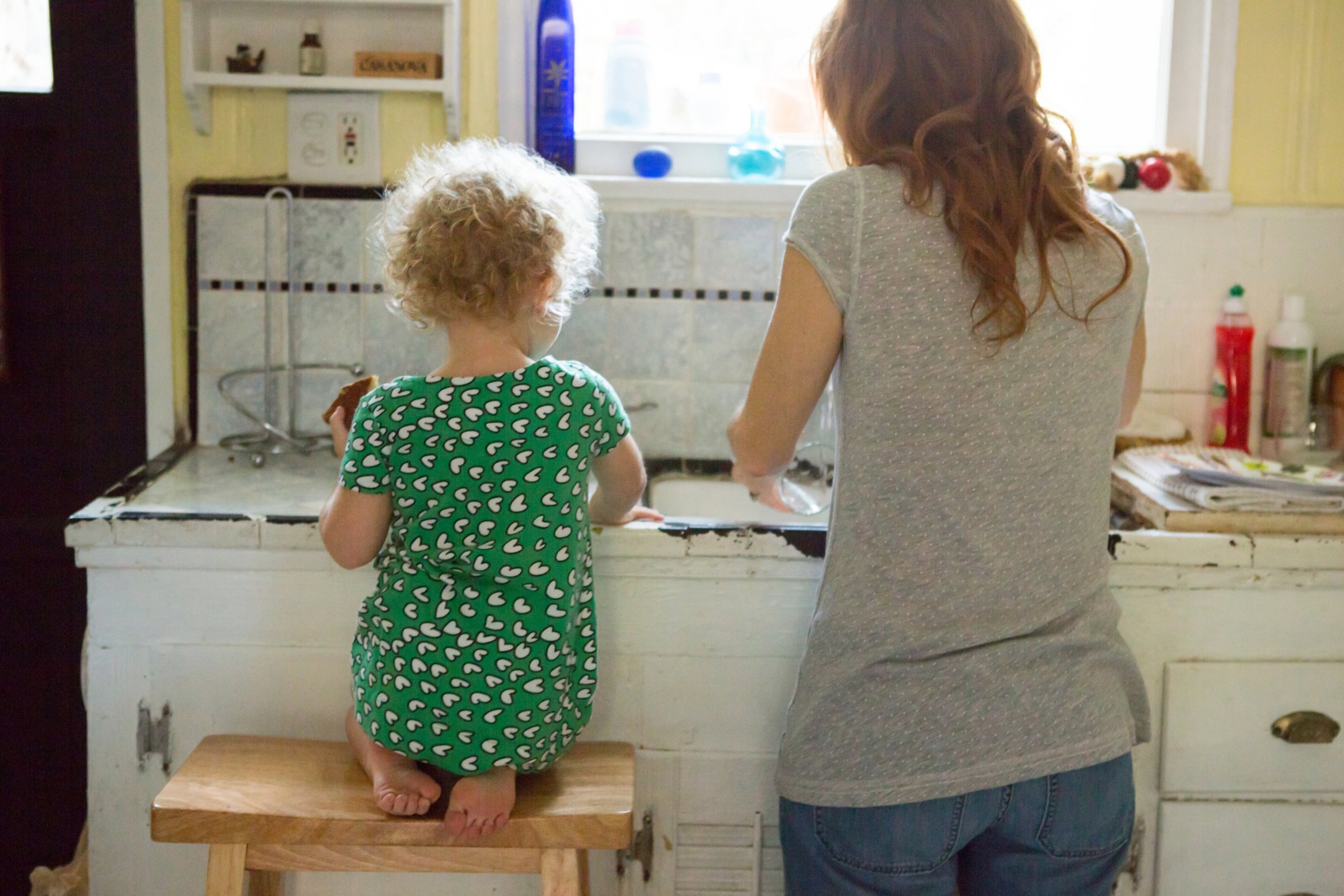
Yale professor Amy Chua wrote “Battle Hymn of the Tiger Mother” in 2011, introducing the phrase “Tiger Mom” into popular culture and celebrating her strict parenting style. But in China, the birthplace of tiger parenting, kids whose parents control their lives with cheerless demands for perfection are becoming a problem.
Researchers from UC Riverside published a new study this week, based on data from nearly 600 middle- and high-school students in Hangzhou, China, debunking the idea that punitive tiger parenting is superior. It finds that less supportive parenting techniques used by some Chinese parents damages self-esteem and complicates school adjustment, while also putting kids at greater risk of depression and problem behaviors. “Our research shows that Tiger Mother type of parenting, specifically controlling, punitive, and less supportive type of parenting is really not working in this sample of Chinese adolescents,” said Cixin Wang, an assistant professor at UC Riverside’s Graduate School of Education. “It also shows that it is important for Chinese parents, who tend to be less emotionally expressive and use less praise in parenting, to show their approval, love and support for their children.”
Chua’s book was packed with vivid, sometimes shocking tales of her strict approach to raising her own daughters, including limiting their social lives, shaming them as punishment when they failed, and forcing them to practice music until their performances were perfect. Ultimately, Chua’s daughters became very successful, and she insists that her hard-edged, unsentimental tactics are the key. Anyone who had ever marveled at the disproportionate academic success among Asian-American kids compared with other minorities now had an intriguing, rather disturbing, explanation: These kids’ cold-hearted tiger moms were demanding perfect grades and mastery of musical instruments, and withholding praise and affection until their kids fell in line. It used to be called tough love until Chua gave it this cooler name.
Giving a parenting style a cool name is not the same as proving its worth. In the wake of Chua’s sensational claims, thoughtful research has found that high-achieving Asian-American students have parental support and put in the necessary work – just as successful students from any culture must do. The flip side, of course, is that when high standards and a strong work ethic are accompanied by emotionally unsupportive parenting, Asian-American students are more likely to suffer negative effects – just as the children of cold or distant parents from any culture are. Furthermore, it turns out that Chua’s brand of harsh parenting is not even very common among Chinese-American parents, who are more likely to be closely involved with their school-age children in a firm, encouraging, but overall positive way. Only when too much pressure to perform enters the picture do Asian-American kids suffer loss of self-esteem.
None of this is new. Chua’s colorful account seemed to make everyone forget about other research, published years earlier, which identified mundane and logical factors in Asian-American students’ high-achieving ways. As long ago as 1988, large studies of minority students found that Asian-American students were more likely to come from stable, two-parent households, to spend more time “on task,” (meaning homework or music practice), and to have better study habits, greater access to after-school lessons and activities, and more parental involvement.
Maybe our greatest chance for having successful kids is to leave behind the cultural stereotypes and focus on the best practices of all high-achieving households. Have high expectations, and communicate them clearly. Be aware of what your children are doing at school, and insist that they make their best effort on assignments and homework. Find opportunities for them to build on their curiosity in music classes, at the public library, at museums or on websites. You don’t have to pay for fancy lessons – whatever your family can afford can work. Of course, kids have different challenges and innate abilities. No one knows and loves your child the way you do, so you will know best whether he is working up to his potential. Make it clear that everyone in your family works hard at his or her job, and that is how you expect the kids to approach their studies, music lessons, sports, and other structured activities. You can set a very high bar and still come through with a hug and a word of encouragement when your child falls short of expectations—yours or his own. I have yet to see a research study that advises against this parenting style. If only I could come up with a cool name for it.
More Must-Reads from TIME
- Introducing the 2024 TIME100 Next
- The Reinvention of J.D. Vance
- How to Survive Election Season Without Losing Your Mind
- Welcome to the Golden Age of Scams
- Did the Pandemic Break Our Brains?
- The Many Lives of Jack Antonoff
- 33 True Crime Documentaries That Shaped the Genre
- Why Gut Health Issues Are More Common in Women
Contact us at letters@time.com